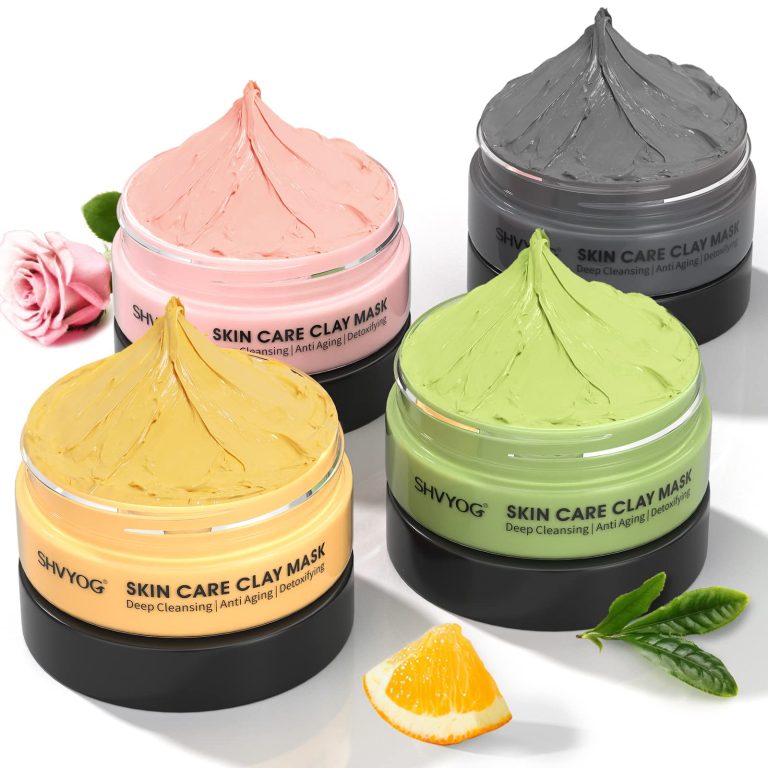
Introduction: The Vital Role of Pet Vaccinations in Hong Kong
Pet vaccinations keep your furry friends safe from dangerous diseases. In Hong Kong, vaccinations are not just important for health—they are also required by law for some pets. For dogs, rabies vaccination is a must. This rule helps protect both pets and people from this deadly disease. Let’s look at what you need to know about pet vaccinations in Hong Kong, including schedules, costs, and how insurance can help.
Understanding Hong Kong’s Mandatory Rabies Vaccination for Dogs
In Hong Kong, the law says all dogs over 5 months old must get a rabies vaccination. This is not optional. Along with the first rabies shot, your dog needs a microchip for identification and a license from the Agriculture, Fisheries and Conservation Department (AFCD). The license lasts for 3 years, and you must renew it with proof of updated rabies boosters. Keeping up with these shots and renewals ensures your dog stays legal and safe.
Essential Core Vaccinations for Dogs in Hong Kong
Beyond rabies, dogs in Hong Kong need other core vaccinations to stay healthy. These shots protect against serious diseases like Distemper, Parvovirus, Hepatitis, and Leptospirosis. Puppies usually start their vaccination series at 6-8 weeks old, getting shots every 2-4 weeks until they are about 16 weeks old. After that, they need yearly or every-3-year boosters, depending on the vaccine. Your vet helps decide the best schedule based on your dog’s age, where they go, and the diseases common in your area.
Recommended Non-Core Vaccinations for Dogs in Hong Kong
Some vaccinations for dogs are not required but may be a good idea based on their lifestyle. These are called non-core vaccines and include shots for Kennel Cough, Canine Influenza, and Lyme Disease. If your dog goes to boarding, dog parks, or travels a lot, they might need these extra protections. Talk to your vet to see if your dog needs any of these based on their daily activities and risks.
Essential Core Vaccinations for Cats in Hong Kong
Cats in Hong Kong also need core vaccinations to stay healthy. These shots protect against diseases like Feline Panleukopenia, Feline Herpesvirus, and Feline Calicivirus. Kittens start their shots at around 6-8 weeks old, with follow-ups every 2-4 weeks until they are about 16 weeks old. Adult cats often need boosters every year or every 3 years. Your vet adjusts the schedule based on your cat’s age, lifestyle, and the diseases around your area.
Recommended Non-Core Vaccinations for Cats in Hong Kong
Cats may also need non-core vaccinations depending on their risks. These include shots for Feline Leukemia Virus (FeLV) and sometimes Feline Immunodeficiency Virus (FIV), though FIV vaccines are less common and need careful thought. If your cat goes outside or lives with other cats, they might need these extra shots. Always ask your vet for advice on what’s best for your cat’s specific needs.
Typical Vaccination Schedules: A Hong Kong Perspective
Vaccination schedules depend on whether your pet is a puppy, kitten, or adult. For puppies and kittens, shots start at 6-8 weeks, with boosters every 2-4 weeks until 16 weeks. Adult dogs and cats often get boosters yearly or every 3 years. For example, a puppy might get a Distemper shot at 8, 12, and 16 weeks, then a booster at 1 year. Your vet sets the exact timeline for your pet. Some vets also use titer testing to check if boosters are needed instead of giving shots every time.
Understanding the Costs of Pet Vaccinations in Hong Kong
Vaccination costs in Hong Kong vary by clinic. A single shot, like rabies, might cost between HKD 200 and HKD 500. A full puppy or kitten series can range from HKD 1,000 to HKD 2,500 because it includes multiple visits. Adult boosters are usually cheaper, around HKD 300 to HKD 800 per year. Some clinics add consultation fees or health check costs, so ask for a full price breakdown. Call different vets in your area to compare prices and find what fits your budget.
Pet Insurance and Vaccination Reimbursement in Hong Kong
Pet insurance in Hong Kong can help cover vaccination costs. Many plans offer coverage for preventive care, like shots, under special wellness or preventive care options. Not all plans include this, so check the details before you buy. If your plan covers vaccinations, you pay the vet first, then submit a claim to the insurance company for reimbursement. This can save you money on regular pet care costs.
Navigating the Pet Insurance Reimbursement Process for Vaccinations
Getting reimbursement for vaccinations is simple if you follow these steps. First, pay the vet and keep the invoice and vaccination records. Second, fill out a claim form from your insurance provider. Third, send the form with your documents to the insurance company. Some plans have waiting periods before they cover preventive care, so read your policy. Also, check if there are limits on how much they pay back for vaccinations. If you’re unsure, call your insurance provider for help.
Choosing a Veterinarian for Vaccinations in Hong Kong
Picking the right vet for your pet’s vaccinations is important. Look for a vet with good experience and a clinic close to you. Check if the clinic has clean facilities and modern tools. Make sure the vet explains things clearly and listens to your concerns. A good vet also gives advice tailored to your pet’s needs, helping you decide which shots are necessary.
Beyond the Needle: The Importance of Regular Veterinary Check-ups
Vaccinations are just one part of keeping your pet healthy. Regular vet check-ups help spot problems early and keep your pet in top shape. During these visits, your vet checks if your pet’s vaccination schedule is up to date. They also look at your pet’s overall health, diet, and behavior. Make these check-ups a habit to prevent bigger issues down the road.
Conclusion: Prioritizing Your Pet’s Health Through Vaccination and Preventive Care
Pet vaccinations in Hong Kong are key to a long, happy life for your dog or cat. Follow the law by getting rabies shots for dogs, stick to recommended schedules, and talk to your vet for the best plan. Pet insurance can ease the cost of shots and other care. Always ask your vet for advice specific to your pet. By staying on top of vaccinations and check-ups, you give your pet the best chance to stay healthy.







